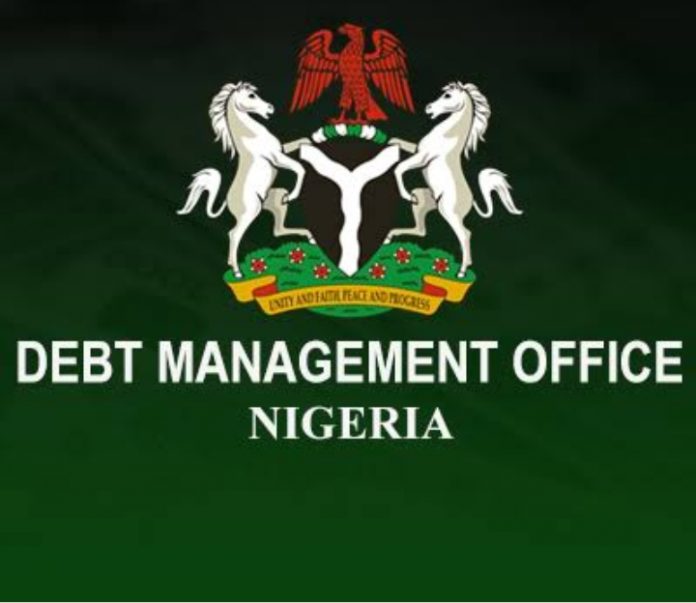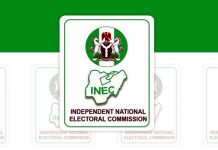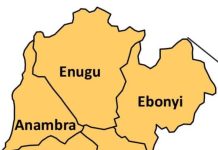The Debt Management Office (DMO) has allayed worries about Nigeria’s debt sustainability raised by the International Monetary Fund (IMF).
Ms. Jesmin Rahman, the IMF’s Mission Chief for Nigeria, recently stated during a virtual media briefing on the IMF’s Nigeria’s 2021 Article IV Consultation Staff Report that Nigeria’s debt sustainability is in jeopardy, causing tremendous concern and disquiet in the long run.
In 2022, the IMF estimates that the federal government will spend up to 92.6 percent of its revenue on debt servicing.
Reacting to the IMF’s position in a statement issued yesterday, the DMO noted that while the reports by the IMF and Agusto and Co. that Nigeria’s debt levels and debt service levels had grown over the years may be the case, “these reports have failed to consider the challenges experienced by Nigeria in recent times such as two recessions, sharp drop in revenues and security challenges.”
Read Also: FCT Council elections: Confusion as exercise begins
The DMO added: “Even more, the analysis does not acknowledge the improvements in infrastructure, which have been achieved through borrowing, as well as, the strong measures by the government to grow revenues.”
The debt management agency stated that it was re-iterating the fact that the government was already implementing policies towards increasing revenues and developing infrastructure through public private partnership arrangements, both of which would improve debt sustainability.
The DMO also noted that the Nigerian government has active and regular engagements with the IMF on borrowing and debt management.
The Minister of Finance, Budget and National Planning, Mrs. Zainab Ahmed had in an interview reiterated that Nigeria’s debt to gross domestic products (GDP) ratio was still low at 33 per cent amidst concerns over heightened increased borrowing.
She had also restated that the federal government’s borrowing was accurately planned to boost growth and development of the economy.
“We have made sure that we have a debt management strategy and a medium-term debt management strategy. So, this borrowing is not being done by just a fiat as it is capsuled in a plan. We are guided by the fiscal responsibility that sets the limit of how much you can borrow at any particular time.
“We have also structured the borrowing to make sure we have a good balance between domestic borrowing as well as external financial borrowing.
Read Also: Ekiti APC, Electorate Won’t Regret Electing Me as Governor, says Oyebanji
“So, truly, in 2020 because of a COVID-19 crisis, we ended up borrowing more than we had planned, because we have to change all our plans to be able to accommodate the revenue crash. So, we have to change our plans to be able to borrow more to contain the pandemic because if the pandemic was not contained, Nigeria will have been in a bigger problem, than the type of recession that we went into.”
Join Television Nigerian Whatsapp Now
Join Television Nigerian Facebook Now
Join Television Nigerian Twitter Now
Join Television Nigerian YouTUbe Now





